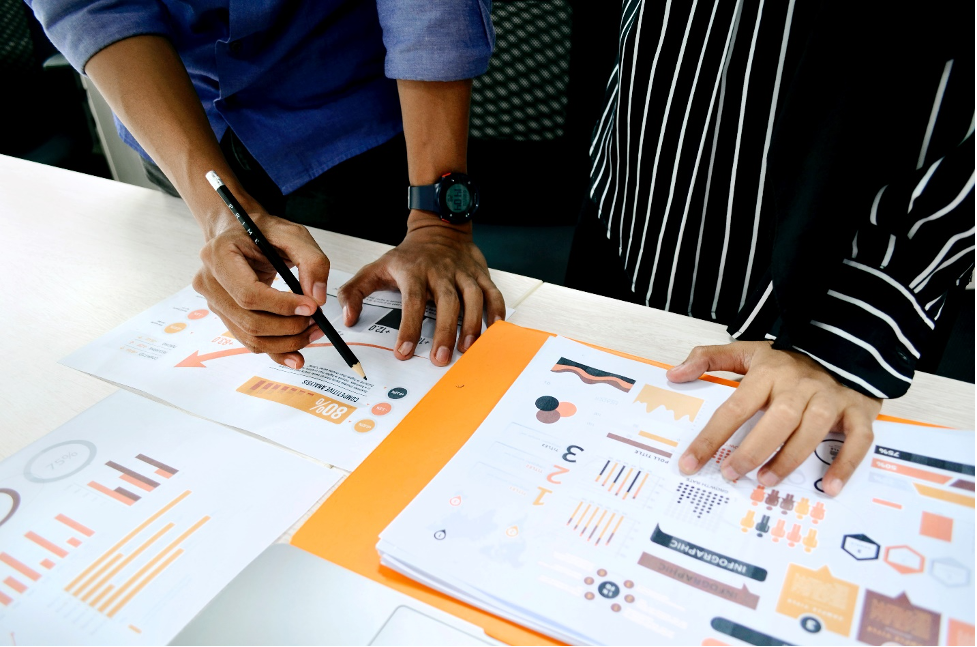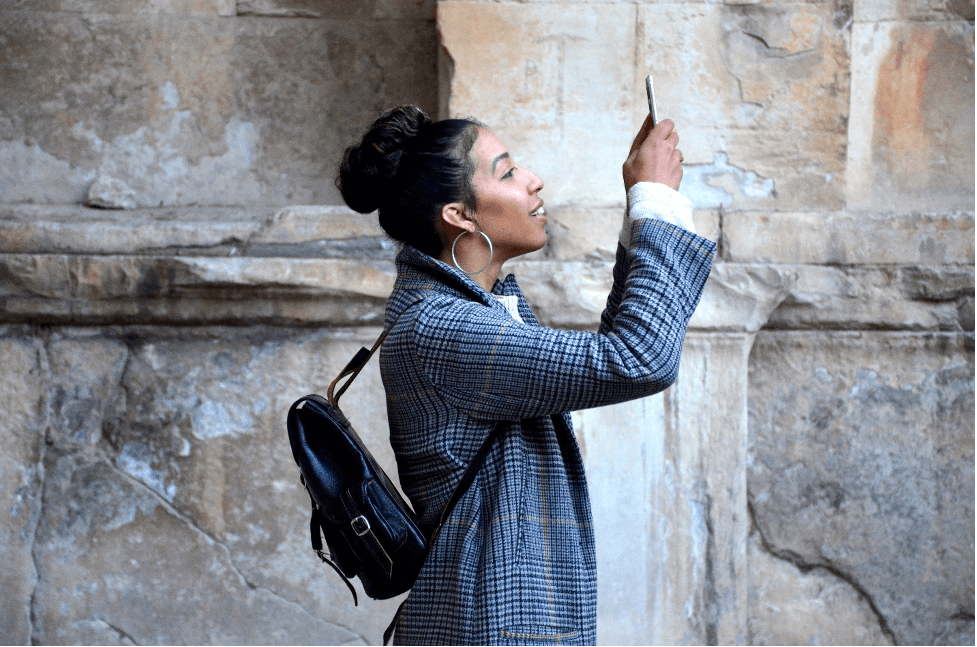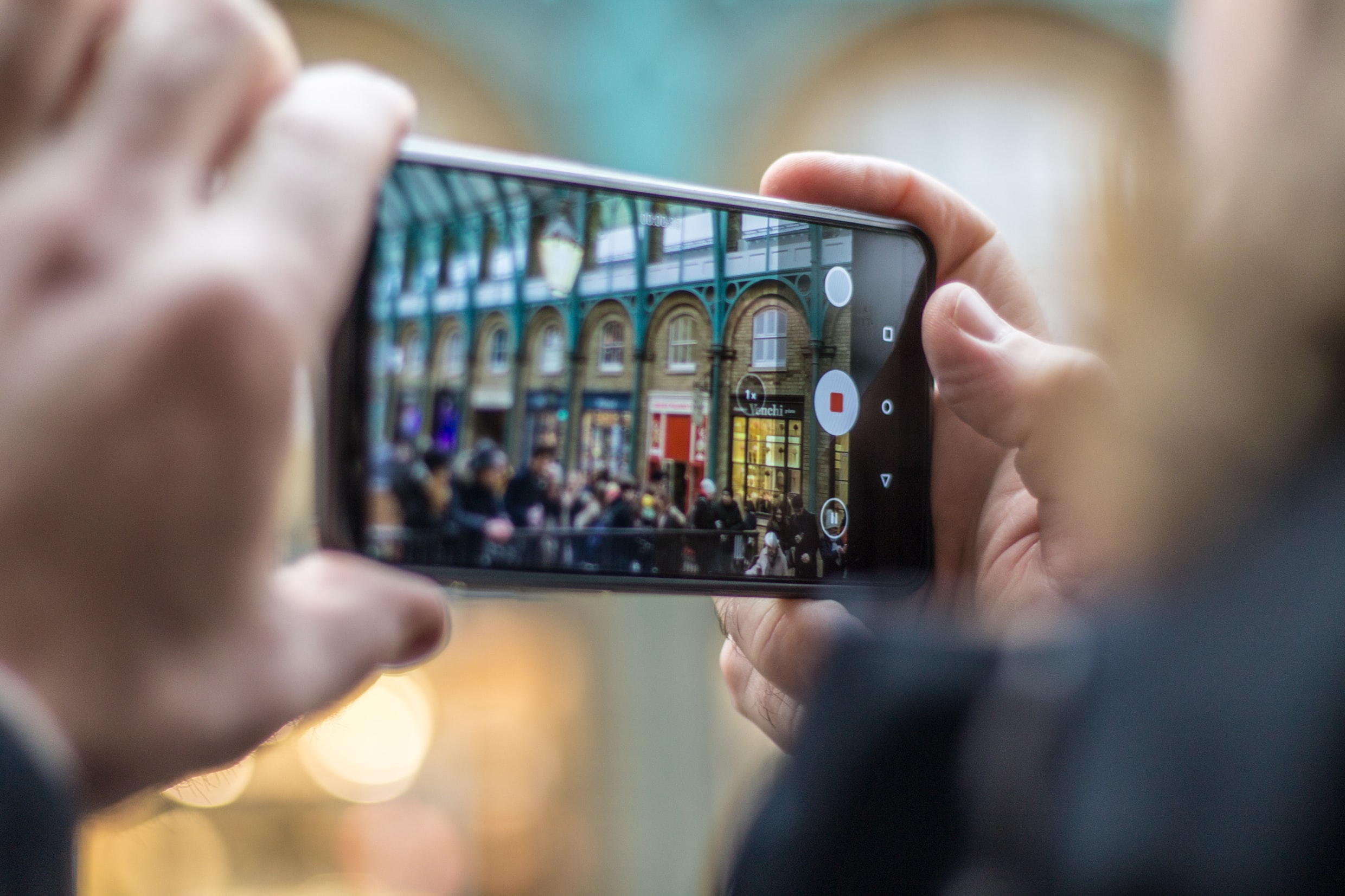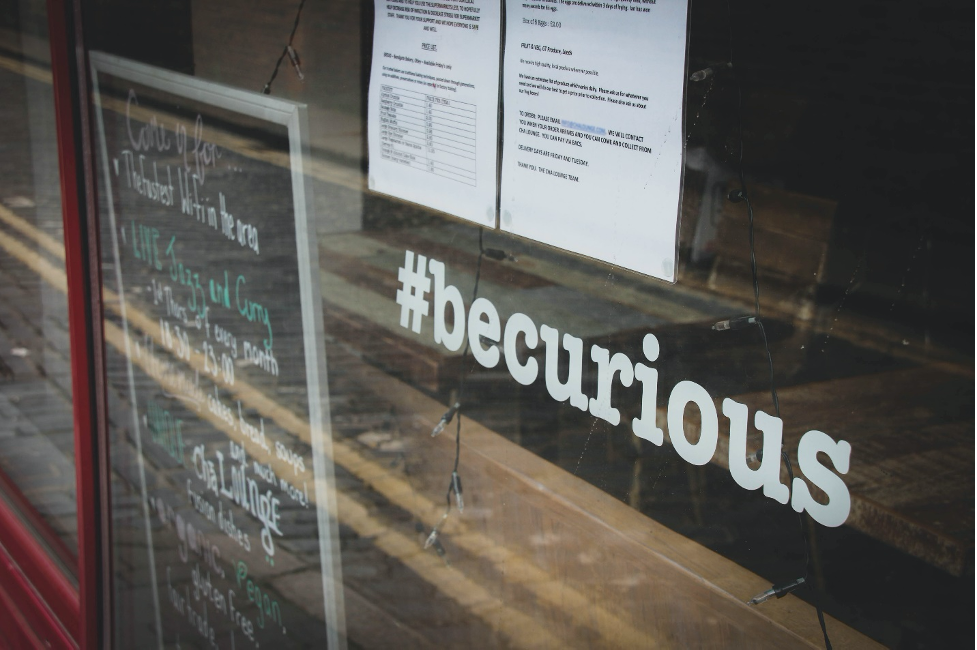-
Mobile Ethnography Analysis and Interpretation

In this video Siamack Salari talks about the differences between analysis, interpretation, and sense making in mobile ethnography projects. Siamack is an ethnographer and the founder of EthOS. Video Transcription: Analysis, and interpretation of mobile ethnography. Now, first of all analysis, what do I mean by analysis. Analysis is just sorting through what you have.…
-
Supercharge Your Shopper Insights with Mobile Ethnography

Introduction The holy grail of shopper research is to understand why people do what they do throughout their journey: before, during, and after their shopping experience. More than one research team has wished they could tag along without interfering, like a fly on the wall. Many questions we ask in shopper research have stayed the…
-
Get to Know Your Participants Through Vertical Analysis

Siamack is the founder of mobile ethnography tool EthOS. In this video, he recommends using vertical analysis to understand who your participants are as individuals. Video Transcription: Most mobile ethnography projects if not all of them are based on a bunch of tasks that we give participants to complete and you can number them task…
-
Three ways mobile product managers can overcome UX debt

Abstract Moving quickly comes at a cost for product managers and product designers, and that cost is UX debt. Compounding UX debt is the source of many users’ and designers’ frustrations, lessening utilization & engagement over time. What’s the cost of moving fast and hitting quick deadlines? UX debt. Typically, this type of debt will…
-
3 Potent Generative Research Methods

Introduction Generative research methods involve gaining a deeper understanding of users to unearth opportunities and facilitate innovation. When researchers conduct this kind of research, they observe people in their everyday lives and analyze their real-world behaviors. The goal is to better understand who users and customers are as people as a means of matching their…
-
Understanding Consumers with Mobile Ethnography Tools

Mobile ethnography involves capturing user experiences through smartphones. Leveraging mobile ethnography tools, researchers don’t have to physically travel to the people they are studying, reducing the costs and logistics associated with traditional ethnographic methods. Through mobile devices, researchers are remotely present in the everyday moments of the people they are studying. Below are the benefits…
-
3 Mobile Ethnography Tips from an Ethnographer

Siamack is the founder of EthOS, a mobile ethnography tool. In this video, he provides 3 tips on how to conduct a mobile ethnography study. Video Transcription: You know, I see a lot of people make a lot of mistakes doing mobile ethnography. Partly because they treat it. But first of all, moderation skills are…
-
Omnichannel Customer Journey Mapping with Digital Ethnography

Customer journey mapping is one of the most valuable exercises in a consumer insights team’s toolkit, but they have become increasingly complex in recent years since the number of channels consumers interact with brands through has multiplied. Shopping, purchasing, post-purchase support – pretty much all customer interactions these days can occur in person, by phone,…
-
When to use contextual UX research methods

Abstract Like all user research, contextual inquiry starts from a place of curiosity instead of assumption. To get the most out of contextual inquiry methods, researchers should be utilizing methods of observation like recordings of use or diary studies to truly understand how a user’s context affects usability. What is contextual inquiry? Understanding users is…
-
Using Remote Diary Studies to Understand Behavior

The goal of insights research is to learn everything you can about a target audience’s behavior surrounding a product or service (or a category of products or services) and to understand the factors that drive that behavior. A project might zero in on a specific touch point or any aspect of life that provides context…
